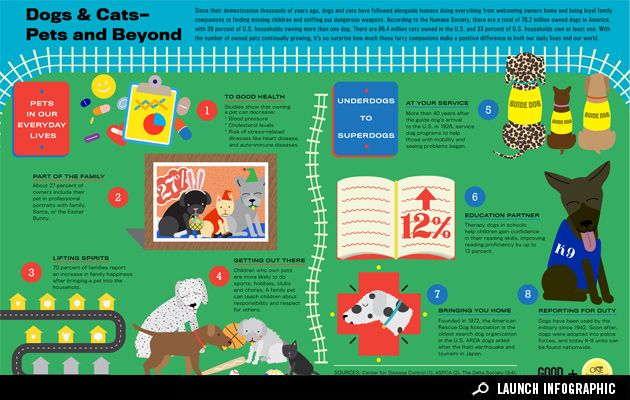How Many Hours Is Safe In Dog Daycare
How Many Hours Is Safe In Dog Daycare
Blog Article
Can Pet Daycare Reason Health Problem?
Dogs in childcare get lots of exercise, socializing with various other canines and unique experiences. This can be specifically valuable for puppies and dogs with behavior issues.
There are several legal considerations you need to take into consideration when beginning a dog childcare business. These include the structure of your business and compliance with government guidelines.
1. Dog Distemper
Canine distemper is spread out via straight contact with the physical liquids and waste of a contaminated pet, yet it can additionally be sent via common water and food bowls or via airborne droplets. This highly contagious disease is most hazardous for young puppies, however it can affect pet dogs of any type of age and is fatal for a lot of if left without treatment.
First signs and symptoms of canine distemper usually resemble a common cold, consisting of drippy eyes and nose with watery or pus-like discharge. As the disease progresses, a canine will certainly create fever, coughing, minimized hunger, vomiting and looseness of the bowels. The infection can likewise assault the nerve system, leading to seizures, jerking and partial or total paralysis.
Credible childcares minimize direct exposure to infection by calling for inoculations, regular health examinations and adhere to stringent hygiene protocols. If your pup appears excessively worn out or hopping, a day of rest may help him recover, but you should avoid taking him back to childcare till these signs and symptoms improve.
2. Kennel Cough
Kennel cough, additionally called contagious canine tracheobronchitis or Bordetella, is an extremely contagious viral or microbial condition that impacts the breathing tract. It's generally moved with the exchange of saliva or air droplets that a sick dog breathes out. Social pets go to greater danger for infection because of their frequent interaction with each other, such as when they play, share food or water, sniff each other or merely satisfy in a congested atmosphere like a dog park or daycare.
One of the most usual sign of kennel cough is a relentless and strong coughing that sounds like something stuck in the throat or retching. Frequently, dogs will certainly spend frothy white phlegm. If left neglected, a dog can create pneumonia and go to severe risk for life.
A reputable childcare center must have strict cleansing and hygiene procedures, sanitize all playthings, food and water bowls on a regular basis, and be open regarding their vaccination plans. Maintaining your dog approximately date on their vaccinations, especially for bordetella and canine flu, overnight dog boarding will significantly reduce their chances of getting the health problem.
3. Parvovirus
Canine parvovirus, or parvo, is an extremely contagious viral ailment that can be dangerous for young puppies and young person pet dogs with poor body immune systems. It's most frequently spread by straight contact with polluted canine feces-- which can happen when pets sniff, lick, or taste contaminated feces-- and indirectly from contaminated individuals, items, or settings (like kennels, brushing rooms and grass). Puppies and pets without total vaccination backgrounds are particularly susceptible to parvo.
The infection is extremely resistant, making it through in the environment for as much as nine years, and can conveniently be transferred in between canines by contact with feces or on shoes, apparel, and bed linen infected with parvovirus. If not dealt with right away with IV fluids, electrolyte equilibrium, vomiting control drugs and prescription antibiotics to stop secondary microbial infections, a dog will quickly dehydrate and establish extreme diarrhea, which causes shock and sepsis. Parvo is tough to cure when a dog has come to be ill, but with ideal veterinary treatment, many young puppies do endure this illness.
4. Dog Flu
Canine flu infection is highly infectious and spreads via direct get in touch with, sharing food and water bowls, licking or nuzzling various other dogs, with air-borne droplets, and with infected surfaces. Vaccination works in lowering the risk of infection and break outs.
The majority of affected pet dogs create a mild breathing infection with a cough that lasts 1-3 weeks. They may additionally have nasal and ocular discharge, sneezing, and sleepiness. Some of the most significant cases lead to pneumonia and a high fever.
If your pet dog exhibits any of these signs and symptoms, do not bring them back to daycare up until they are healthy and balanced. If your pet is showing indications of extreme tiredness or hopping, talk to your vet today and ensure they are on health supplements to aid build their resistance. A vet will assess your pet dog for signs and symptoms of the flu by taking a sample from the nose or throat, and blood examinations can be done to validate.